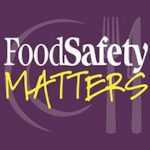
Food Safety Matters
Food Safety Matters is a podcast for food safety professionals hosted by the Food Safety Magazine editorial team – the leading media brand in food safety for over 20 years. Each episode will feature a conversation with a food safety professional sharing their experiences and insights of the important job of safeguarding the world’s food supply.
Subscribe to this PodcastNew episodes are posted twice a month.

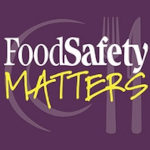
1:10:12
DownloadEp. 81. Randy Huffman: Forming, Storming, Norming and Performing
00:0000:0000:00
00:00
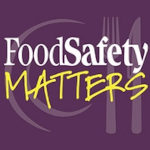
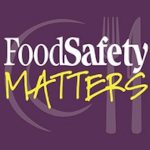
1:11
DownloadEp. 79. Hal King: Food Safety Management Systems in Foodservice and Retail
00:0000:0000:00
00:00
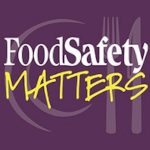
1:05
DownloadEp. 78. Jespersen, Tanner, and Coole: Sustaining Food Safety Culture
00:0000:0000:00
00:00
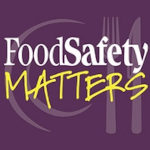
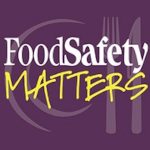
Never miss the latest news and trends driving the food safety industry
eNewsletter | Website | eMagazine
JOIN TODAY!Copyright ©2025. All Rights Reserved BNP Media.
Design, CMS, Hosting & Web Development :: ePublishing

